New Disclosure Rules Will Expose Hidden Fees inside Retirement Plans
David Wade
New Disclosure Rules Will Expose Hidden Fees inside Retirement Plans
Sep 12, 2011| BY: Wade Law Offices
Advisors know theres a host of unknown costs and fees lurking inside a clients 401(k) plans, IRAs and other retirement accounts. Often, those fees make a world of difference in investment returns.
But most clients dont know the fees that they pay to plan providers. A recent AARP study found that more than seven in ten 401(k) plan participants incorrectly reported that they did not pay any fees, and 6 percent said that they didnt know whether or not they pay fees. Clients often fail to read the fine-print disclosures that explain fees.
A recent Smart Money article [http://tinyurl.com/3nvxpsj] detailed the fees. Ive included the highlights for you.
What You Dont Know Can Hurt You
Beginning Jan. I, plan sponsors must disclose fees to participants. But there are other lesser-known fees to consider. Clients who move IRA accounts to new brokerage firms can be hit with two unexpected fees: the account transfer fee and the annual maintenance fee.
In addition, retirement accounts that use managed-money programs will have termination fees that must be paid prior to money being moved from a current manager to a new manager. These can include that quarters asset fee, management fee and custodian fee.
10 Fees Eating Up Retirement Savings:
1. Account termination fees.
2. Account maintenance fees.
3. Various account transfer fees.
4. Roth conversion fee: This is charged when a traditional IRA is converted to a Roth IRA.
5. Federal fund wire fee and overnight delivery fee.
6. Special investment fee: This applies to non-traditional/non-publicly traded investments such as private placements, real estate and certain limited partnerships.
7. Special investment set-up fee: This also applies to non-traditional investments not publicly traded. Such fees are usually one-time only.
8. Form 990-T filing fee: For accounts holding nontraditional/non-publicly traded investments, the custodian may need to file IRS Form 990-T to report unrelated business income.
9. Loan processing fees: Clients who take loans from retirement funds may face a processing fee.
10. Recordkeeping fee: Small business owners with solo-K/individual-K plans may be charged a recordkeeping and filing fee of several hundred dollars, if they use the services of a record keeper.
While advisors cant make these fees go away, there may be a tax-efficient way to pay them. For instance, if a client is in the accumulation phase of saving for retirement, it would make sense to pay any allowable fees with whats called non-qualified money, that is, money thats outside of the retirement accounts. This would allow more money in the account to grow tax-deferred.
By contrast, if a client is in the distribution phase of retirement, it may make sense to have these fees paid from the qualified account.
